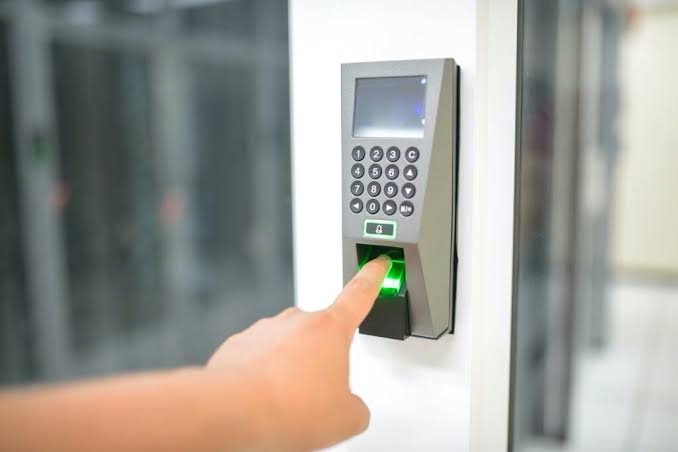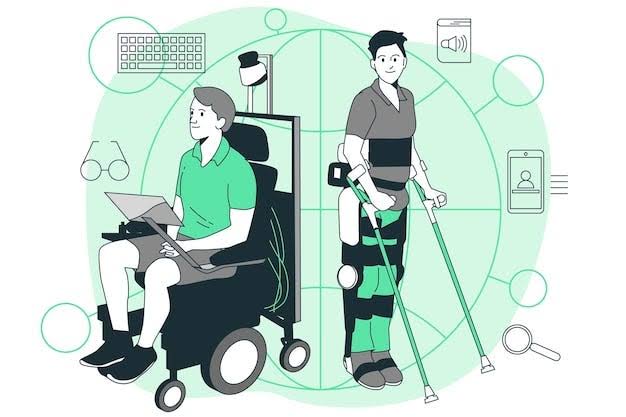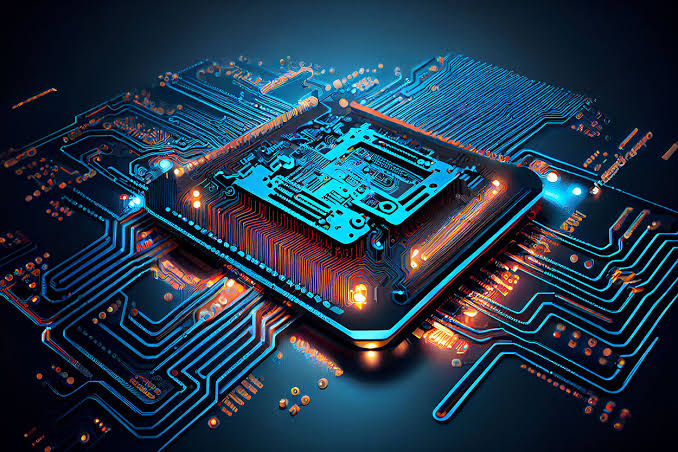Biometric technology has become one of the most reliable methods for ensuring security in both personal and professional environments. By using unique biological traits such as fingerprints, facial features, iris patterns, and even voice recognition, biometric gadgets provide enhanced authentication compared to traditional passwords or PINs. As of 2025, the rapid advancement of artificial intelligence, machine learning, and sensor technology is revolutionizing the role of biometric devices in security. The future promises smarter, faster, and more versatile biometric gadgets that will redefine how individuals and organizations protect sensitive data, property, and personal information.
Evolution of Biometric Gadgets
Biometric security gadgets have evolved significantly over the last decade. Early biometric systems were primarily limited to fingerprint scanners on smartphones or access control devices in offices. Today, they are far more sophisticated, integrated into:
- Smartphones and Laptops: Face ID, fingerprint scanners, and voice recognition for device unlocking.
- Smart Home Devices: Biometric door locks, security cameras, and voice-controlled assistants.
- Corporate and Government Facilities: Multi-modal authentication systems for high-security zones.
- Wearable Devices: Smartwatches and fitness trackers with biometric sensors for both health and security purposes.
This evolution highlights the increasing role of biometrics in daily life and organizational security.
Key Drivers for Future Development
Several technological trends are shaping the future of biometric gadgets:
- AI-Powered Recognition: Machine learning algorithms are improving accuracy and speed in identifying unique traits.
- Edge Computing: Local processing on devices reduces latency and strengthens privacy by minimizing cloud dependency.
- Integration with IoT: Biometric gadgets will seamlessly connect with smart homes, cars, and workplace ecosystems.
- Multi-Modal Biometrics: Combining fingerprints, facial recognition, and voice patterns to enhance security.
- Behavioral Biometrics: Monitoring typing rhythms, gait, or even heart rate patterns for continuous authentication.
These trends will ensure biometric devices become more secure, adaptive, and user-friendly.
Applications in Personal and Home Security
Biometric gadgets will play a larger role in home and personal security in the near future:
- Smart Door Locks: Facial recognition and fingerprint access will replace traditional keys.
- Voice-Activated Security Systems: Only authorized users can disable alarms or access personal devices.
- Personal Data Protection: Biometric USB drives and encrypted storage devices will secure sensitive information.
- Wearable Authentication: Fitness trackers and smartwatches can verify identity for mobile payments and digital services.
Such applications enhance convenience while reducing the risk of theft or unauthorized access.
Enhancing Corporate and Enterprise Security
In corporate environments, biometric gadgets are essential for protecting sensitive data and critical infrastructure:
- Access Control: Biometric scanners at office entrances, server rooms, and high-security areas prevent unauthorized access.
- Time and Attendance Systems: Fingerprint or facial recognition devices ensure accurate employee tracking.
- Secure Workstations: Laptops and desktops can be locked or unlocked with biometric credentials.
- Data Security: Multi-modal biometrics safeguard corporate databases against breaches.
As cyberattacks grow more sophisticated, biometric security provides an additional layer of defense beyond passwords.
Role in Public Safety and National Security
Biometric gadgets are increasingly important in law enforcement and national security:
- Surveillance Systems: Facial recognition cameras in public spaces help identify suspects or missing persons.
- Airport and Border Security: Automated biometric gates verify travelers quickly and reduce waiting times.
- Forensic Applications: Biometric analysis assists in criminal investigations and evidence verification.
- Disaster Management: Rapid biometric identification can help locate and reunite victims in emergencies.
Governments worldwide are investing in biometric infrastructure to enhance safety while balancing privacy concerns.
Future Trends and Innovations
The future of biometric gadgets for security will see several innovative developments:
- Contactless and Touchless Biometrics: Facial, iris, and palm-vein recognition will reduce hygiene concerns and increase speed.
- Continuous Authentication: Devices will verify users throughout interactions, rather than just at login.
- Blockchain Integration: Biometric data could be securely stored and verified using decentralized technology.
- AI-Driven Fraud Detection: Advanced systems will detect attempts to spoof biometric devices with masks, photos, or recordings.
- Integration with Augmented and Virtual Reality: Biometric verification will secure immersive workspaces and virtual meetings.
These advancements will further embed biometric technology into everyday life while enhancing security.
Challenges and Considerations
Despite the benefits, the future of biometric gadgets must address certain challenges:
- Privacy Concerns: Storing and processing sensitive biometric data raises ethical and legal questions.
- Data Breaches: Unlike passwords, biometric traits cannot be changed if compromised.
- Bias and Accuracy Issues: Systems must ensure reliable performance across diverse populations.
- Cost and Accessibility: Advanced biometric systems may remain expensive for smaller businesses or developing regions.
Mitigating these challenges through secure design, strong encryption, and regulatory frameworks is crucial for widespread adoption.
Conclusion
The future of biometric gadgets for security is highly promising, offering faster, more accurate, and convenient methods to safeguard personal, corporate, and public assets. With advances in AI, multi-modal recognition, and IoT integration, biometric devices will become a standard component of modern security systems. However, addressing privacy, accessibility, and ethical concerns will be essential to ensure that the rise of biometric technology strengthens security without compromising trust. As innovation continues, biometric gadgets are set to become an indispensable part of the global security landscape.




Fascinating read